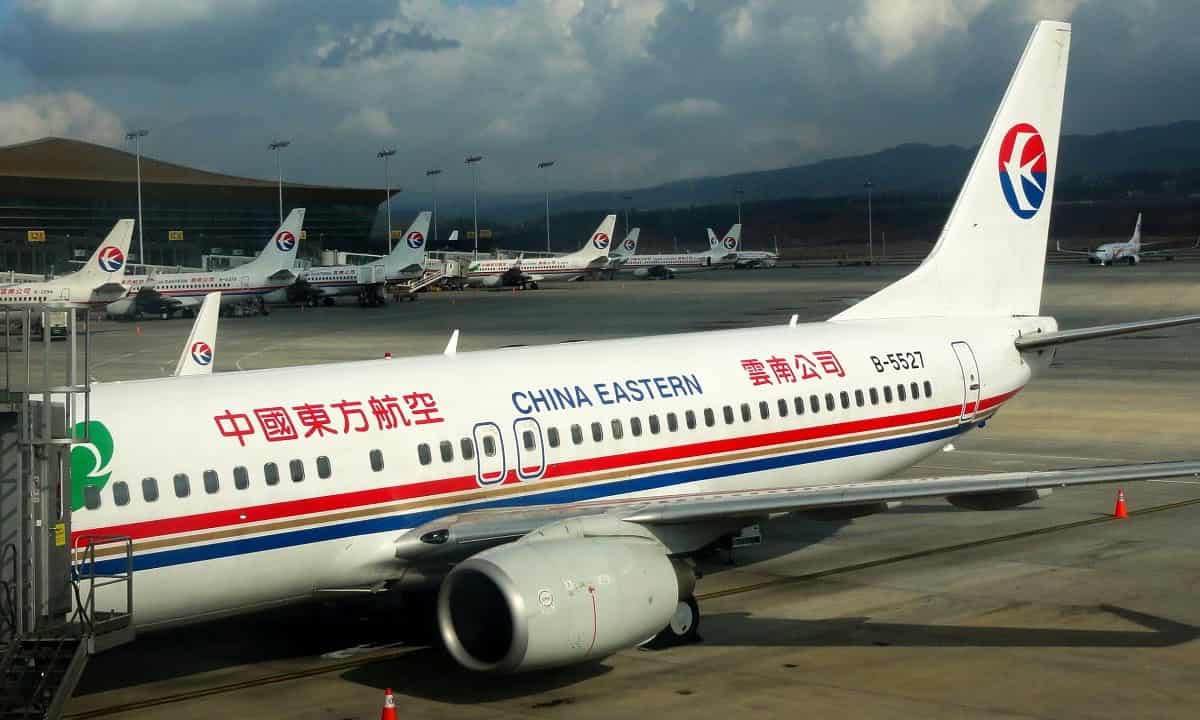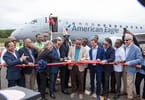Some corporate mergers have little effect on customers. But when big airlines merge, it changes life for travelers, leading to higher ticket prices, poorer service and maybe even a switch in the credit card you carry.
For the fractured airline industry, where nine big airlines fight coast-to-coast, removing large competitors and bulking up flight schedules could be a way to better survive high oil prices and recession instead of the bankruptcies and turmoil of past downturns. That’s why Delta Air Lines Inc. may be considering formal merger talks with either UAL Corp.’s United Airlines or Northwest Airlines Corp., and why analysts think multiple major marriages could lie ahead.
“By default or design, I think it’s going to happen. If it doesn’t, they’ll be back in the tank again,” said Gordon Bethune, the former head of Continental Airlines who has been advising some big airline investors on merger prospects.
But for travelers, big-airline couplings historically have meant headaches. Airline employees endure change and disappointment — which could make them act grumpier toward customers. Some communities could see reduced service if mergers allow the combined airlines to close hub operations — would a merged Delta and Northwest still need hubs in Cincinnati and Memphis, for example? Higher ticket prices are likely; airlines merge in part so that they will have more pricing power.
But the biggest peril for consumers is poorer service — late flights, lost baggage, confusion at airports, ticketing troubles and changes in frequent-flier program rules.
Just consider what happened after US Airways Group Inc. merged with America West Airlines. The two carriers now have a stronger network and have seen a boost in revenue they can generate through higher fares and a better mix of business travelers. But consumers have paid a huge price beyond more-expensive tickets.
When the two carriers finally moved to a single reservation system, customers discovered some itineraries had been lost and computer troubles led to long lines at airports, widespread flight delays and disruption. America West managers, who took over larger US Airways, have struggled to fix an inadequate baggage-handling operation in Philadelphia that produced piles of lost suitcases during busy times. US Airways on-time performance plunged; customer complaints soared, according to the Department of Transportation. And the carrier still has to deal with its fractured pilots union, where original US Airways pilots are unhappy about how their seniority was affected by integration with the former America West pilots.
“Airline mergers help stockholders and the company, but not consumers,” said Paul Hudson, executive director of the Aviation Consumer Action Project, a nonprofit group.
Travelers could see big changes in frequent-flier programs. Delta, for example, has its mileage program tied to American Express Co., while United miles are earned using J.P. Morgan Chase & Co. cards, and Northwest is aligned with U.S. Bancorp. Typically in airline mergers, customers of the acquired carrier have to switch credit cards to the surviving airline’s program.
Credit-card companies could play a bigger role than usual in merger negotiations since several propped up airlines in their bankruptcy reorganizations a few years ago by pre-buying frequent-flier miles to give to customers. American Express, for example, pumped $500 million into Delta. “Plastic plays a big part in changes,” says Randy Petersen, president of Frequent Flyer Services, a Colorado Springs, Colo., frequent-flier publisher.
Combining frequent-flier programs could make it tougher for travelers to score free seats and upgrades. More elite-level frequent fliers, for example, may be trying to get upgrades on a specific flight. But it also opens up new destinations where travelers can get free tickets, and lets elite-level fliers use their benefits like early boarding and better seating on more flights.
“Supply and demand evens out a little bit when programs get bigger,” Mr. Petersen said.
Mergers also can mean bigger airplanes on some routes if a combined carrier with a larger customer base can substitute a full-size, mainline jet for a 50-seat regional jet. Some transcontinental and international flights could see larger aircraft — wide-body jets instead of single-aisle planes — as well.
Mr. Bethune said an analysis of a Delta-United combination forecast a 10% reduction in regional-jet service for customers of those two airlines, and about 15 jets worth of additional mainline flying.
Such a consolidation of airplanes could help ease some congestion in the skies. But at the same time, mergers could lead to more congestion at specific hub airports that get bigger with consolidated traffic. And historically, mergers open up opportunity for new entrants and discount airlines that fill in gaps left by service cuts and find new opportunity when bigger incumbents raise prices.
One of the biggest beneficiaries of past airline mergers: Southwest Airlines Co., which has expanded in cities affected by mergers and has capitalized on bigger-airline service woes and higher ticket prices. US Airways acquired PSA and AMR Corp.’s American Airlines acquired AirCal to give them intra-California flights, but Southwest dominates those markets today. The latest examples of that opportunistic strategy are Philadelphia and Pittsburgh, where Southwest has expanded as US Airways has contracted.
wsj.com
WHAT TO TAKE AWAY FROM THIS ARTICLE:
- Mergers also can mean bigger airplanes on some routes if a combined carrier with a larger customer base can substitute a full-size, mainline jet for a 50-seat regional jet.
- The two carriers now have a stronger network and have seen a boost in revenue they can generate through higher fares and a better mix of business travelers.
- For the fractured airline industry, where nine big airlines fight coast-to-coast, removing large competitors and bulking up flight schedules could be a way to better survive high oil prices and recession instead of the bankruptcies and turmoil of past downturns.






















